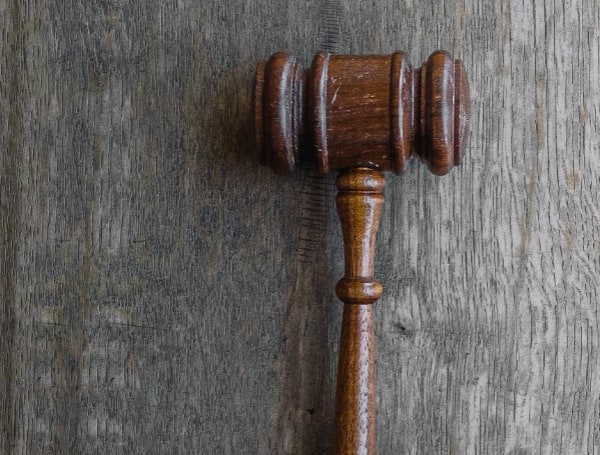In March 2013, 17 months after her husband died, Kathleen Steele gave birth to a child conceived through in vitro fertilization.
Steele used a sperm sample that her husband, Phillip, had provided to a fertility clinic before his death.
But nearly a decade later, top Florida and federal courts are trying to sort out an unusual legal question: Is the child, identified by the initials P.S.S., eligible for Social Security benefits resulting from Phillip Steele’s death?
A panel of the 11th U.S. Circuit Court of Appeals last week took up the issue and effectively punted the case to the Florida Supreme Court for an interpretation of state law. The Supreme Court will ponder the case in the coming months before issuing an opinion that will go back to the federal appeals court.
The panel said in its decision last week that a key issue about Florida law in the case is a “question of first impression for this court” — meaning a first-of-its-kind question. The Atlanta-based appeals court pointed to different interpretations of the law by Kathleen Steele and the U.S. Social Security Administration.
“Given these two reasonable interpretations of the Florida statute at issue, and the lack of Florida case law on the issue, we believe it is the better option to certify this dispositive issue to the Florida Supreme Court,” said the decision, written by Judge Barbara Lagoa, a former Florida Supreme Court justice, and joined by Judges Kevin Newsom and Elizabeth Branch. “As a matter of federalism and comity, it is often appropriate to certify dispositive issues of Florida law to Florida’s highest court for decision.”
In the news: Man With Knife Shot By Pinellas County Sheriff’s Deputy During 70-Minute Clearwater Standoff
Lagoa also wrote that the case “requires us to apply old statutes to new problems.”
Steele applied for what are known as Social Security Child’s Insurance Benefits shortly after P.S.S.’s birth, according to the appeals court. In part, she included the child’s birth certificate, which listed Phillip Steele as the father.
The Social Security Administration denied the claim in 2014, saying P.S.S. did “not meet the dependency requirement for benefits,” according to the appeals court. An administrative law judge, a magistrate judge and Tampa-based Senior U.S. District Judge Virginia Covington upheld the agency’s denial of the claim, prompting Steele to appeal in 2020.
The case involves legal interpretations related to wills and intestacy. Generally, intestacy deals with situations where wills don’t exist or where parts of estates are “not effectively disposed of by will,” according to state law.
While Phillip Steele had a will, the appeals court said it must “determine whether Florida law authorizes P.S.S. to inherit a child’s share of Mr. Steele’s intestate personal property, as is required in order to recover CIB (Child’s Insurance Benefits).”
The district judge, magistrate judge and administrative law judge concluded that, under Florida law, a child conceived after the father’s death, could inherit property only through a will and not intestacy, according to the appeals court. As a result, they said, P.S.S. was not eligible for the benefits.
Phillip Steele’s will listed his children living at the time of his death but also said, in part, that the “terms ‘children’ and ‘lineal descendants’ shall include those later born or adopted,” according to the appeals court.
In the news: Daycare Teacher Sues Former Employer After Being Fired Over Book Disagreement
Kathleen Steele contends that P.S.S. was “provided for” in the will and that a state law “effectively vests such a child with intestate rights in the event he or she is provided for by the decedent’s will,” the appeals-court decision said.
“Relying on this interpretation, Ms. Steele asserts that P.S.S. was provided for in Mr. Steele’s will such that P.S.S. is entitled to inherit intestate a share of the personal property of his parent, Mr. Steele, under Florida law,” Lagoa wrote. “And, as such, Ms. Steele contends that P.S.S. is considered a ‘child’ within the meaning of the Social Security Act and is entitled to CIB.”
Visit Tampafp.com for Politics, Sports, and National Headlines. Support journalism by clicking here to our GiveSendGo or sign up for our free newsletter by clicking here.
Android Users, Click Here To Download The Free Press App And Never Miss A Story. Follow Us On Facebook Here Or Twitter Here.
Copyright 2022 The Free Press, LLC, tampafp.com. All rights reserved. This material may not be published, broadcast, rewritten, or redistributed.


Comments are closed.